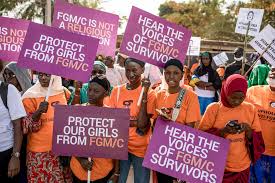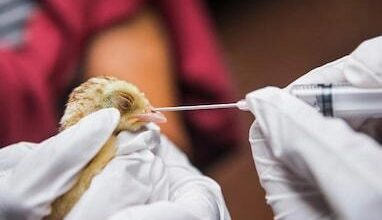FG intensifies efforts to end Female Genital Mutilation

Abuja — The Minister of Women Affairs, Imaan Sulaiman-Ibrahim, has reaffirmed the federal government’s commitment to eradicating Female Genital Mutilation (FGM) in Nigeria.
Her remarks came during a press briefing in Abuja to mark the International Day of Zero Tolerance for FGM.
Sulaiman-Ibrahim highlighted the urgent need for action, noting that Nigeria accounts for 19.9 million women and girls affected by FGM, with a prevalence rate of 20% among women aged 15 to 49.
“We are not just marking another international commemoration today; we are using today to reaffirm our commitment to ending one of the most serious violations of human rights — Female Genital Mutilation (FGM),” she stated.
Describing FGM as a public health crisis and a significant development challenge, the minister emphasized that it impedes progress toward achieving key Sustainable Development Goals (SDGs).
To tackle the issue, Sulaiman-Ibrahim outlined the government’s multi-sectoral strategy, which includes strengthening legal frameworks, scaling up community interventions, and promoting cultural and behavioral change.
She called on stakeholders to collaborate in the fight against FGM, stressing its violation of human rights.
“The fight against FGM is not the responsibility of one ministry, one organization, or one sector—it is a collective responsibility. FGM is not culture; FGM is not tradition. FGM is a human rights violation. Together, let us #UNITE2ENDFGM. Together, let us ensure that every girl in Nigeria is free to live, free to dream, and free to thrive.”
The minister pledged continued efforts to amplify the voices of survivors, strengthen law enforcement, and promote education and economic empowerment for women and girls.
Planned activities include an advocacy walk to the National Assembly to engage lawmakers on enhancing legal frameworks and budget allocations for anti-FGM programs. An advocacy visit to Jigawa State will also be conducted to mobilize grassroots organizations and engage community leaders.






